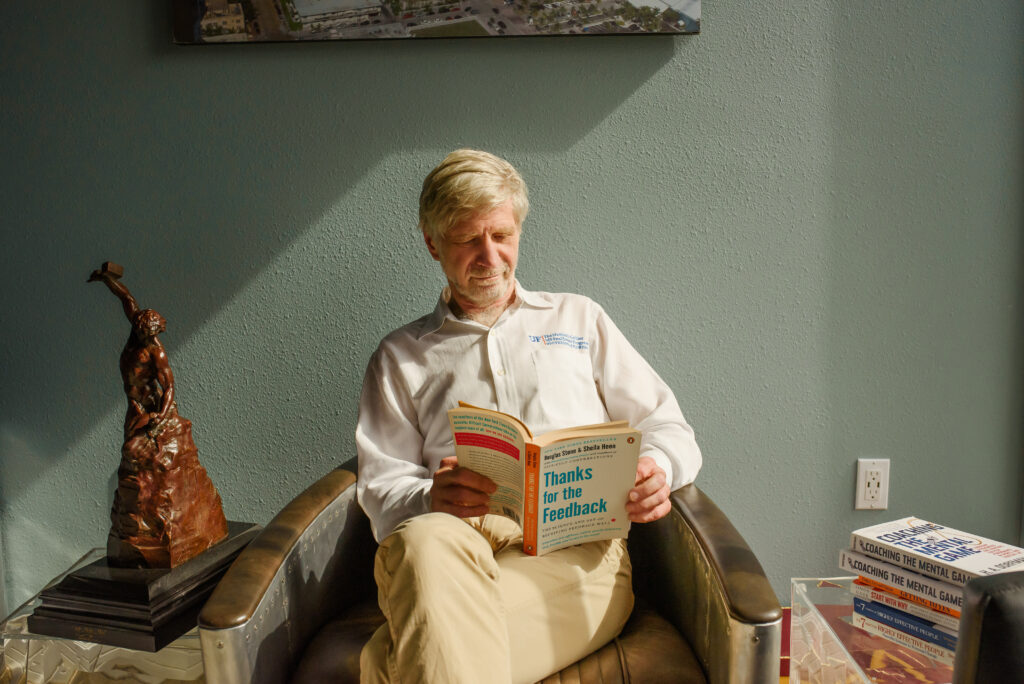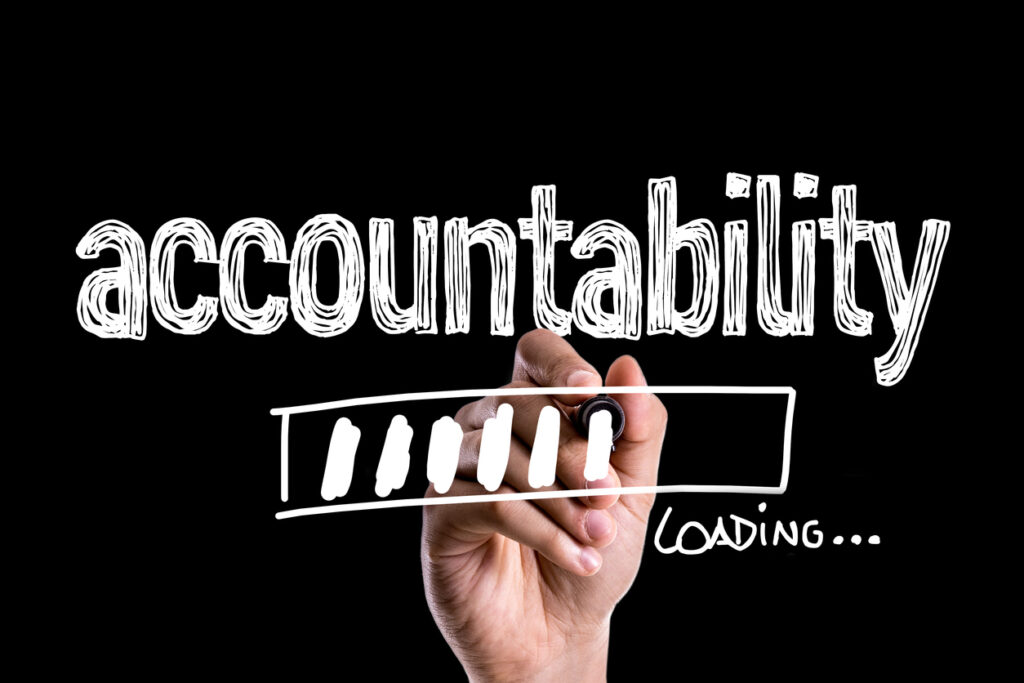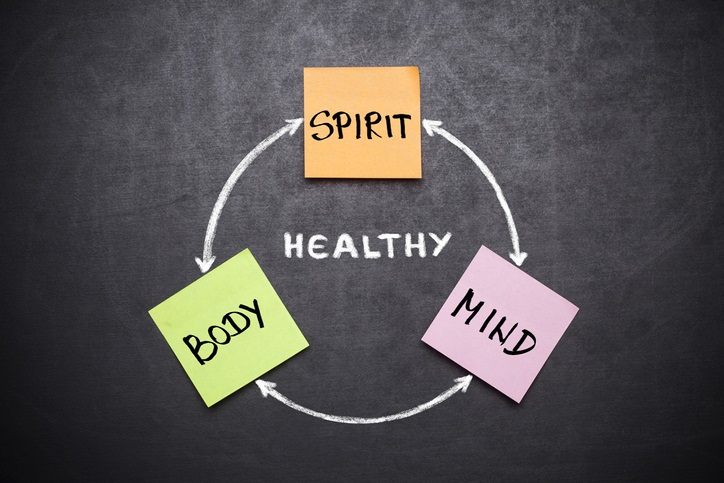A recent New York Times article dealt with a 30-day experiment raising the thermostat settings (72 to 77 in general, 70 to 75 in conference rooms) at the iconic United Nations building in New York City to conserve energy, save money ($100,000 for one month, up to $1 million a year if fully rolled out), and reduce pollution (up to 300 tons of carbon dioxide).
But will the one-month experiment work? Some are predicting not. Evidently social custom and a fondness for sartorial elegance outweigh potential human suffering and clean air and water.
“’…there is going to be a relaxing of the dress protocols,’ said Mr. Adlerstein, which in nondiplomatic terms means he jettisoned his coat and tie for the news conference. There are serious doubts that will fly. ‘People walking around without jackets on are not taken seriously,’ said one man from an organization that promotes renewable energy. ‘You have to follow protocol.’”
A wise friend of mine once told me to listen to the behavior. People’s actions will tell you their true priorities with a great deal more accuracy than their words.
Without engaging in the global warming controversy, let us postulate that
1. Most energy consumption pollutes. Not good. (We all like clear, blue skies and sparkling clear water regardless of our political affiliation.)
2. We are rapidly exporting our nation’s wealth to the Middle East and becoming more and more dependent on overseas supplies. Also not good.
From the above let us further postulate, once again independent of the global warming debate, that
1. Energy conservation is a good thing.
2. Energy independence is a good thing.
During the first energy crisis in the early 1970s, I remember being at a town meeting with our local representative from the U.S. House. I suggested that Congress consider doffing their coats and ties and raising the thermostat to 78 degrees. He replied that would not be in keeping with the dignity of such an august body.
I was in my early 20s then and a bit more inclined to speak my mind frankly. I recall that I wondered aloud as how it might be a bit hypocritical of Congress to ask Americans to sacrifice when they were not willing to set an example. That did not go over too well, and I remember a friend in the audience chiding me afterwards about not showing proper respect. It is such incidents that form the weave of social norms and group think.
Folks, America CAN become energy independent, and we CAN reduce our level of environmental pollution, and we CAN stop exporting our wealth overseas. We just can’t do it without making changes.
In the long run, these changes will be relatively minor, even if they loom large now. We will be happy, we will just live a bit of a different lifestyle. And after a while, the old wasteful ways will seem stupid and incomprehensible, like the old cigarette ads from the 50s showing doctors in lab coats and sporting stethoscopes extolling the benefits of smoking.
There are already plenty of cars out there that get well over 30 miles per gallon, they just don’t happen be ego-gratifying behemoths. Europe has been driving small cars for decades now and if civilization is tottering over there, I have not noticed. Also, I for one find my ego is bolstered a lot higher and longer by energy freedom than by a Hummer.
I know that the concept of nuclear energy sends some people over the edge. I wonder if we should not be a lot more fearful of the repercussions of funding the national treasuries of those who do not always wish us well.
Talking won’t do it. Leaders refusing to doff coats and ties in air-conditioned buildings, setting gas mileage standards that don’t finish kicking in until 2030, none of these things are sufficient to do the job. You know it, and I know it, and our leaders know it as well.
Leaders can only lead where we are willing to follow. Are we as a nation prepared to renounce our modern “couch potato” persona and embrace our can-do heritage?
The answer lies in our collective hearts and wills.
This is a classic from the NSC Blog archive, originally posted August 12, 2008.





